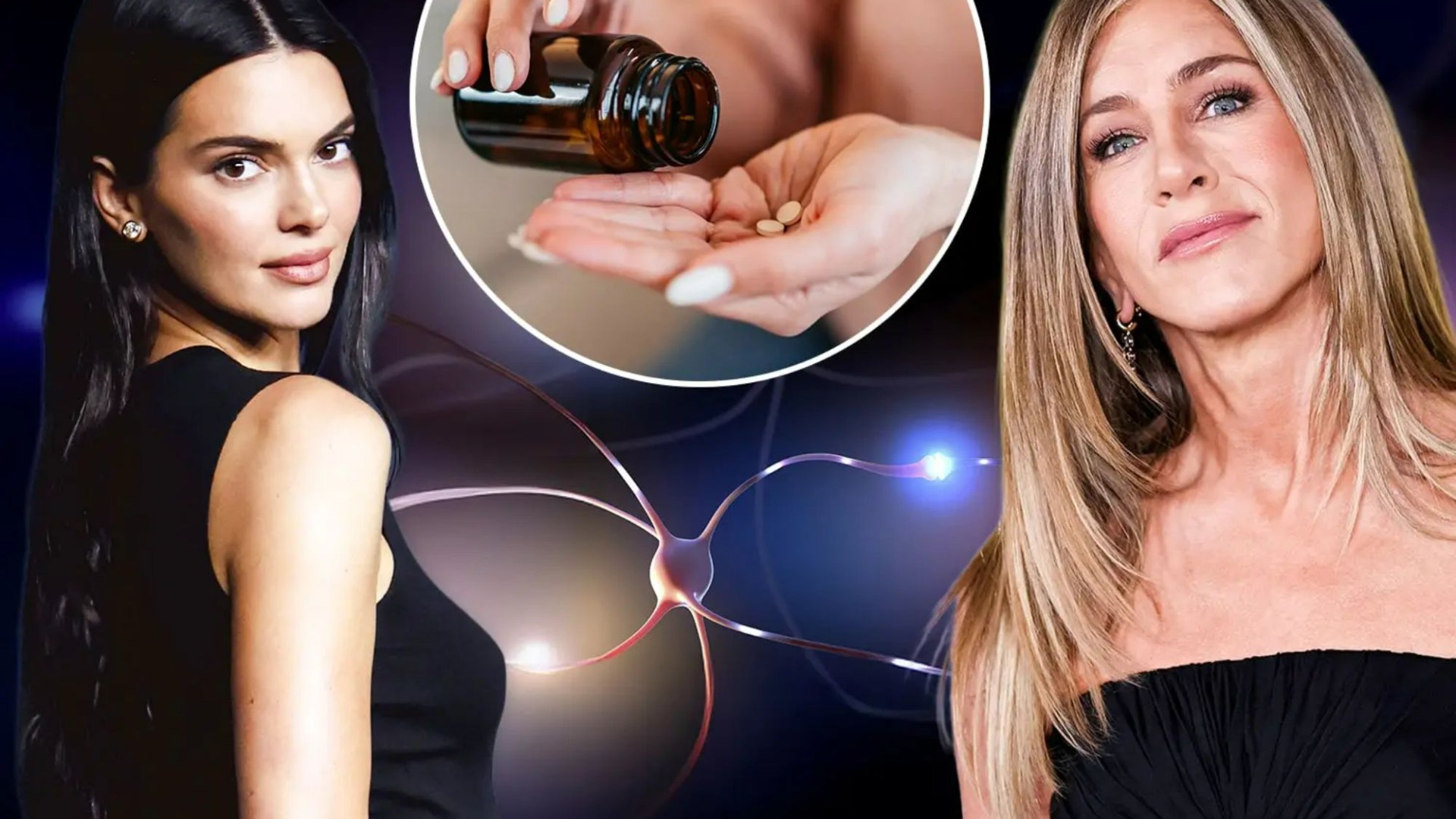Home / Health / NAD+ Supplement May Reverse Memory Loss in Alzheimer's, Mice Study Finds
NAD+ Supplement May Reverse Memory Loss in Alzheimer's, Mice Study Finds
12 Nov
Summary
- NAD+ supplement shown to restore memory in mice with Alzheimer's-like condition
- Researchers link NAD+ to correcting RNA splicing issues that contribute to Alzheimer's
- Celebrity wellness trend of NAD+ IV drips and supplements faces skepticism from experts

In a promising development, a new study suggests a popular supplement touted for its anti-aging benefits may also be able to protect the brain against Alzheimer's disease. The supplement in question is nicotinamide adenine dinucleotide, or NAD+, a molecule that naturally occurs in the body and plays a role in energy production, DNA repair, and cellular health.
Researchers at the University of Oslo conducted experiments on mice engineered to have a human tau mutation that causes neurodegeneration and memory loss. After administering nicotinamide mononucleotide, a substance that raises NAD+ levels, the scientists reported the mice's memory was restored.
The team discovered NAD+ works by correcting issues with RNA splicing, a process that can go awry in Alzheimer's and lead to the production of abnormal proteins. By increasing NAD+ levels, a protein called EVA1C helps fix these splicing errors, improving the function of hundreds of genes crucial for brain health.
While the findings in mice are promising, experts caution there is still limited evidence for the anti-aging and cognitive benefits of NAD+ supplements in humans. Some have criticized the growing trend of expensive NAD+ IV drips, arguing the treatments are unnecessary and unlikely to have a meaningful impact.
As the search for Alzheimer's treatments continues, this study provides a potential new avenue for further exploration. Researchers say maintaining NAD+ levels could help delay cognitive decline, paving the way for future combination therapies targeting RNA splicing. However, long-term human trials are still needed to fully evaluate the effects of NAD+ supplementation.



